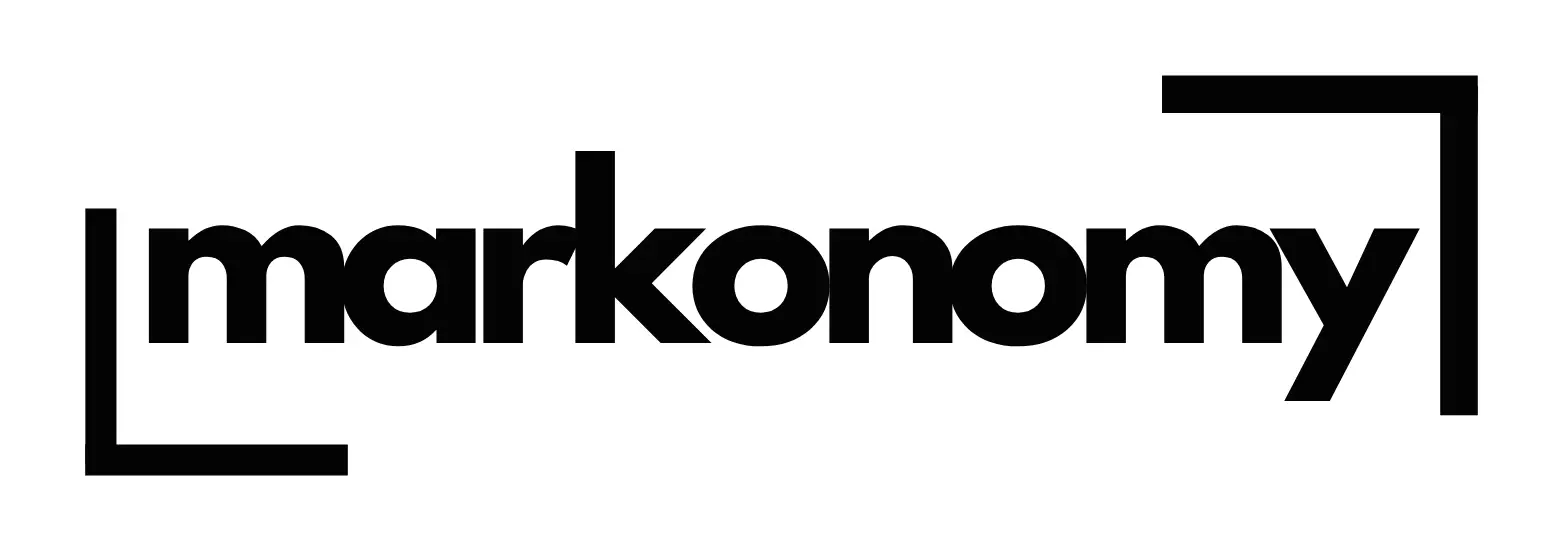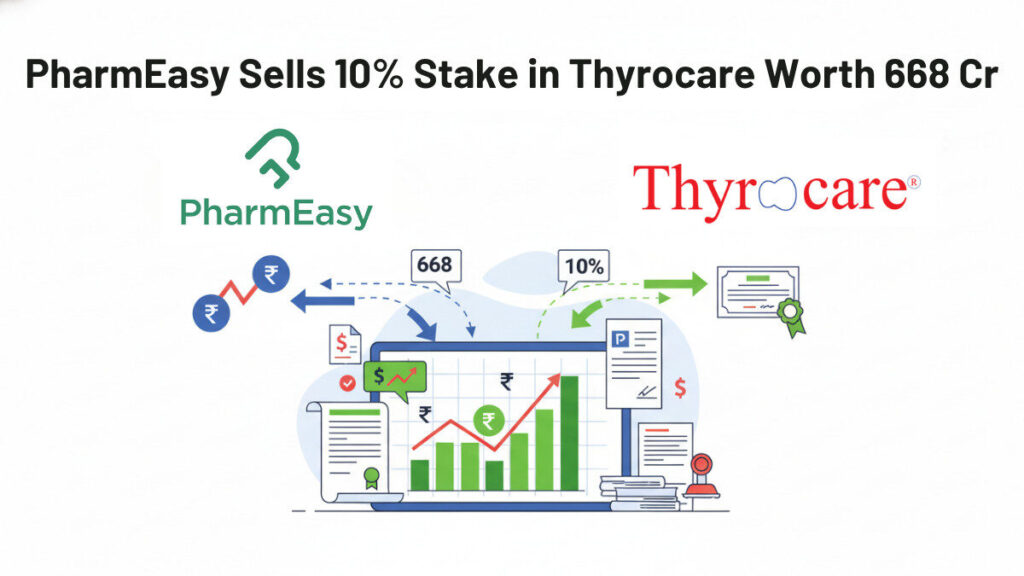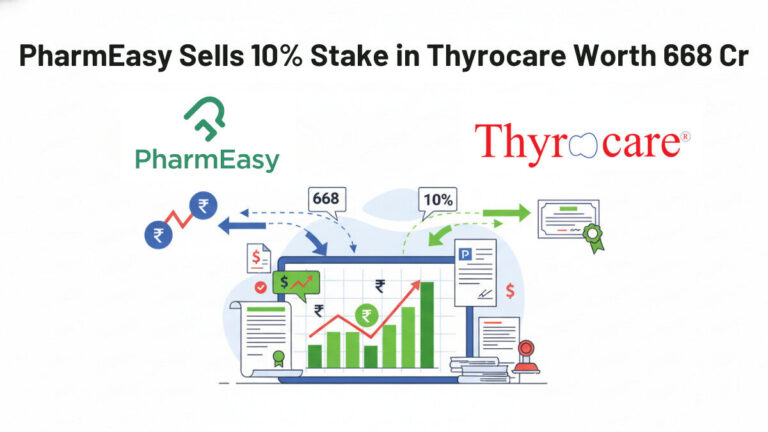PharmEasy, one of India’s largest online healthcare platforms, has sold around 10% of its stake in diagnostic chain Thyrocare Technologies for approximately ₹668 crore. The move is part of the company’s broader strategy to reduce debt and strengthen its financial position.
According to stock exchange filings, API Holdings, the parent company of PharmEasy, sold 53.3 lakh shares of Thyrocare at an average price of ₹1,252.51 per share.
The stake sale comes as PharmEasy looks to streamline operations and prepare for a potential IPO in the near future.
Why Did PharmEasy Sell the Stake?
PharmEasy had acquired a majority stake in Thyrocare in 2021 for around ₹4,546 crore. However, the company has faced financial pressure due to mounting losses and a highly competitive healthcare market.
Selling part of its holding will help reduce debt and improve cash flow, making its balance sheet healthier.
Market Response
Following the announcement, Thyrocare’s shares rose nearly 2%, reflecting investor confidence in the company’s standalone growth prospects.
Summary Table
| Particulars | Details |
|---|---|
| Company | PharmEasy (API Holdings) |
| Stake Sold | 10% in Thyrocare Technologies |
| Amount Raised | ₹668 crore |
| Shares Sold | 53.3 lakh shares |
| Average Sale Price | ₹1,252.51 per share |
| Buyer | Institutional investors (not disclosed) |
| Reason for Sale | Debt reduction and financial restructuring |
| Original Acquisition Year | 2021 |
| Market Impact | Thyrocare shares up ~2% post-announcement |
What’s Next for PharmEasy?
Industry experts believe this move will help PharmEasy stabilise its finances and prepare for future growth. The company has been working on expanding its B2B medicine supply business and digital healthcare services.
With India’s diagnostics and e-health sector growing rapidly, Thyrocare continues to remain a key player in preventive healthcare and lab testing services.
Key Takeaway
PharmEasy’s ₹668 crore stake sale in Thyrocare marks a strategic financial reset. The move underlines the company’s effort to cut losses, repay debt, and focus on profitability before its long-awaited IPO.










